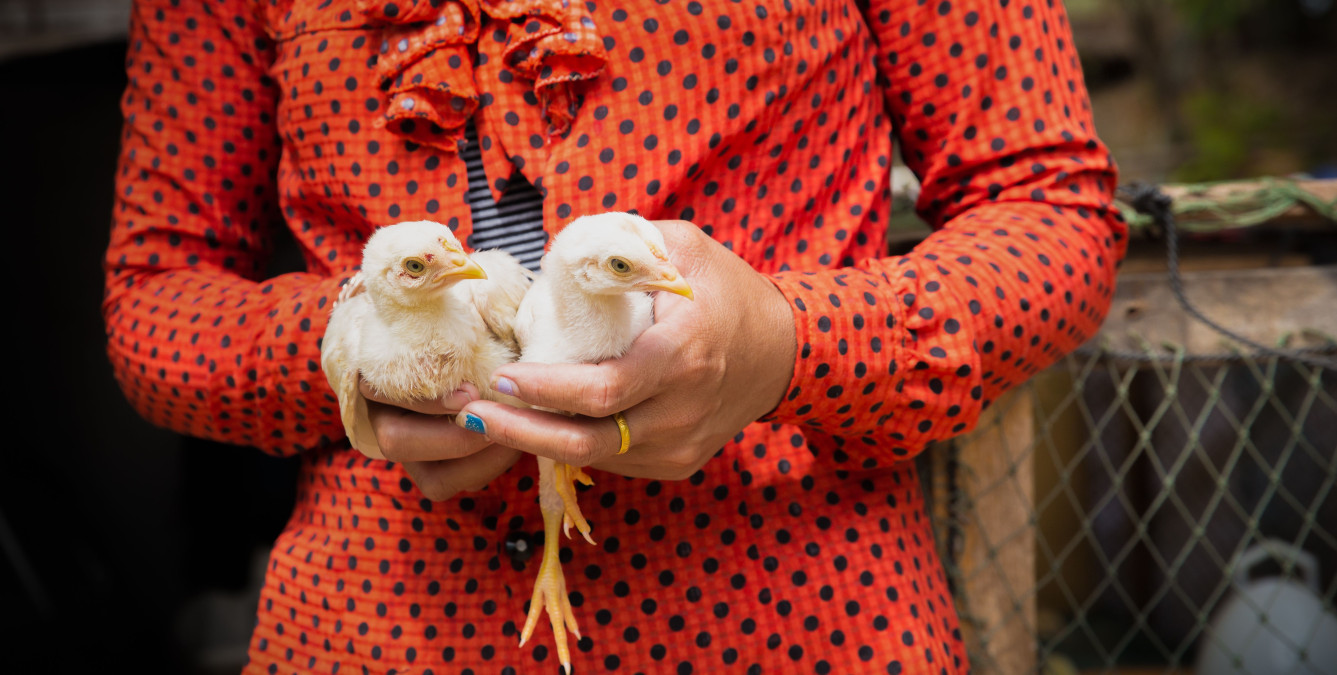Barrier Analysis Study of Cambodian Poultry Farmers
Published: Mar 28, 2018 Reading time: 1 minute Share: Share an articleOne of the main objectives of development practitioners is to enable people to adopt and practice positive behaviours that help them to improve the quality of their lives.

Let’s take an example of poultry farmers: in order to raise their animals well, they have to regularly undertake various biosecurity measures to prevent diseases from spreading, vaccinate their animals, keep them in suitable pens, provide the correct amount of feed, and follow many other practices. Although these behaviors are proven to improve farmers’ productivity, only few smallholder farmers living in low-income countries adopt them and keep using them in the long-term. So the question is – what is preventing farmers from practicing these positive behaviors? Development projects frequently make assumptions about why people do not follow the positive behaviors these interventions promote. However, such assumptions are often wrong and decrease the effectiveness of well-intended interventions.
People in Need (PIN) believes that the best approach to commencing new projects is to thoroughly understand people’s attitudes, beliefs and practices regarding the behaviors the intervention aims to change. Over recent years, PIN has therefore conducted three Barrier Analysis studies, to identify and address the main factors that prevent farmers from adopting and following effective poultry management practices. This executive report shares with development practitioners and relevant government officials the key findings and recommendations from this research.



